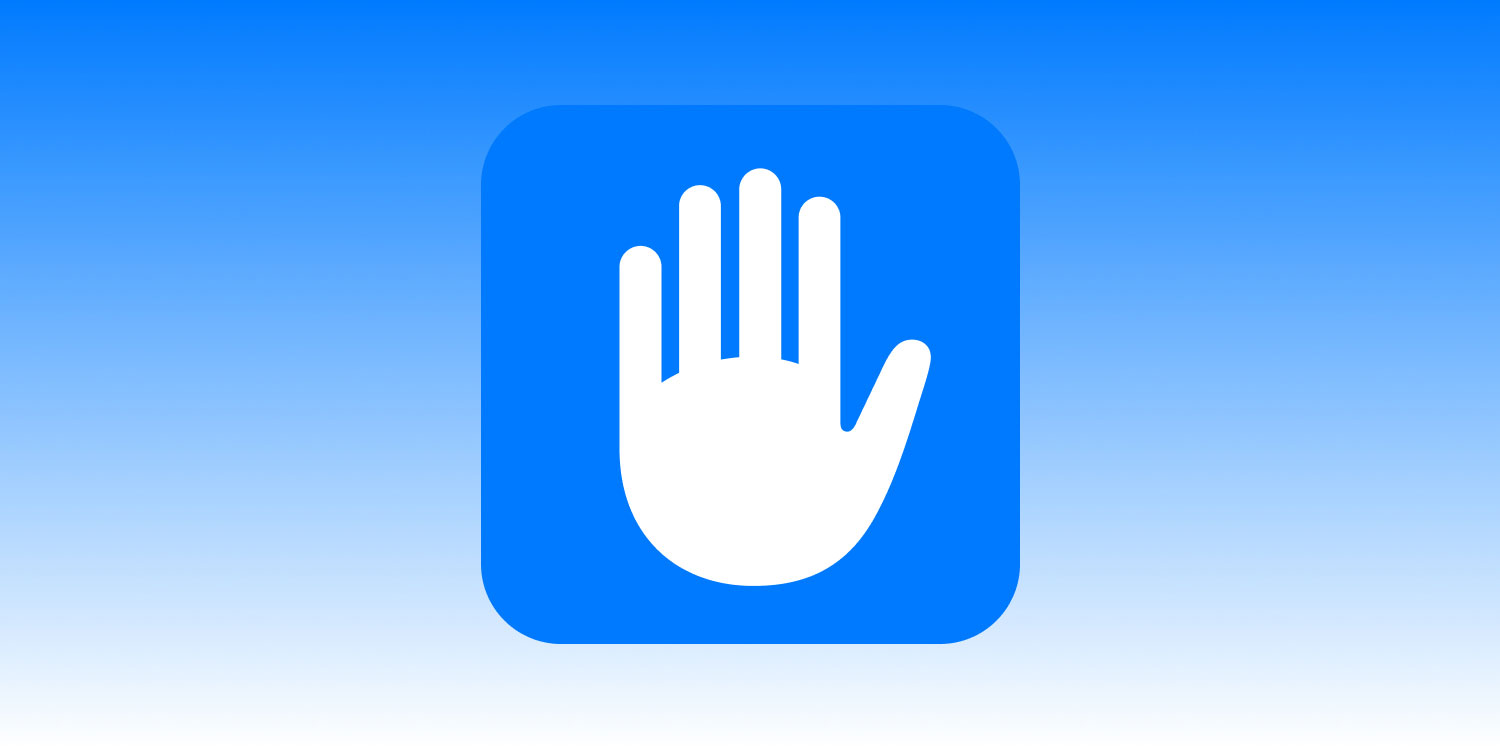Lockdown Mode is the digital equivalent of double-bolting the doors and hiding in the cellar.
It’s off by default, and the average user will likely never have to use it – but if you find yourself in the rare position of being targeted by cyber attacks, it could help you avoid or mitigate the threat.
Lockdown Mode can be found at the bottom of the Privacy & Security section of the Settings app, and requires a restart of your device to activate.
It will disable a ton of features in iOS, some more obvious than others, in order to protect you from hackers and spyware. To name a few: messages attachments will be blocked, shared albums removed, unknown FaceTime calls blocked, and certain web technologies will be limited in Safari. These steps combine to make it much more difficult for spyware to take hold, but don’t expect your device to operate like normal if you ever pull the Lockdown switch.
Apple warns that this kind of extreme digital security should only be used “if you believe you may be personally targeted by a highly sophisticated cyberattack.” Exploits including the NSO Group’s “Pegasus” spyware have at times been capable of hacking a device to steal personal data – including texts, passwords, and location data – with nothing but an iMessage or WhatsApp call. While the latest versions of iOS block all currently known exploits, you never know what kind of technologies are being developed to perform similar attacks.
The good news is that iPhone and iPad security is generally very solid, making these kind of cyberattacks extremely difficult and expensive to pull off. That means they very rarely provide a threat to the general population. Historically, spyware of this kind has mostly been used by corrupt governments to hack and track political activists, journalists, and lawyers working against those regimes.
Despite this being a very specific tool for people under threat, the feature’s use isn’t limited. Any iPhone or iPad user can activate Lockdown Mode, and if you notice any suspicious activity on your device it may be wise to turn it on until you can get further help.

